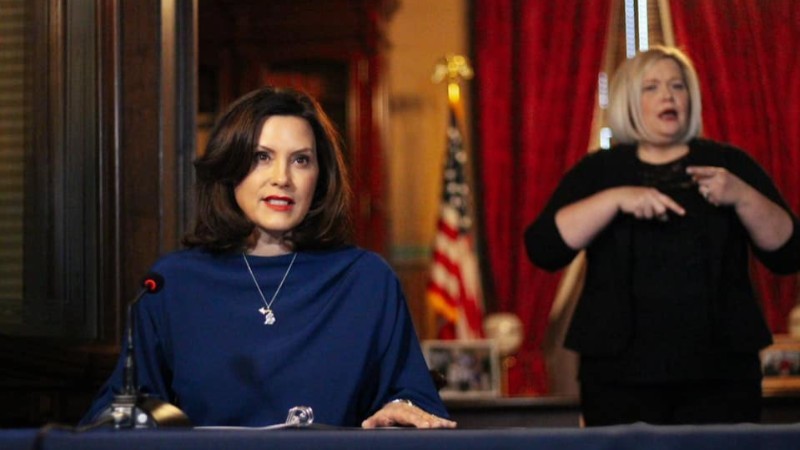Gov. Gretchen Whitmer | Facebook
Gov. Gretchen Whitmer | Facebook
Gov. Gretchen Whitmer's statement asserting that her unconstitutional orders should remain in effect was rejected by the Michigan Supreme Court.
Whitmer's state-of-emergency powers and executive orders have been deemed unconstitutional by the Michigan Supreme Court, The Center Square reported. The governor's powers have been restricting state residents for about seven months, since the beginning of the COVID-19 pandemic.
On Oct. 2, Whitmer said her executive orders should remain law for 21 days after the ruling the Supreme Court made that day. On Oct. 5, she asked the Supreme Court for clarification on the ruling.
“As stated in In re Certified Questions, the Emergency Powers of the Governor Act is incompatible with the constitution of our state, and therefore, executive orders issued under that act are of no continuing legal effect,” the court wrote in the Monday decision, according to The Center Square. “It should again be emphasized... that our decision today, like our decision in In re Certified Questions, leaves open many avenues for our governor and legislature to work together in a cooperative spirit and constitutional manner to respond to the COVID-19 pandemic."
Last week, the Senate passed bills in an attempt to replace Whitmer's orders. Two bills, which ended in a tie vote, would give a six-week extension of unemployment assistance, which would give businesses COVID-19 liability protection. The idea behind these bills is that if they reach Whitmer's desk, she only has two options: sign or veto.
“It is my hope when the House reconvenes tomorrow, they break that tie bar," Whitmer said in response, according to The Center Square.
The Michigan House is expected to meet to form bills to replace many of Whitmer's orders as well.
Many of her orders have been voided at this time, but Whitmer is now looking to the Michigan Department of Health and Human Services as a backup plan.
The MDHHS issued a statewide mask-wearing order, in addition to disclosure requirements for schools and restrictions on visitation for care facilities.



 Alerts Sign-up
Alerts Sign-up